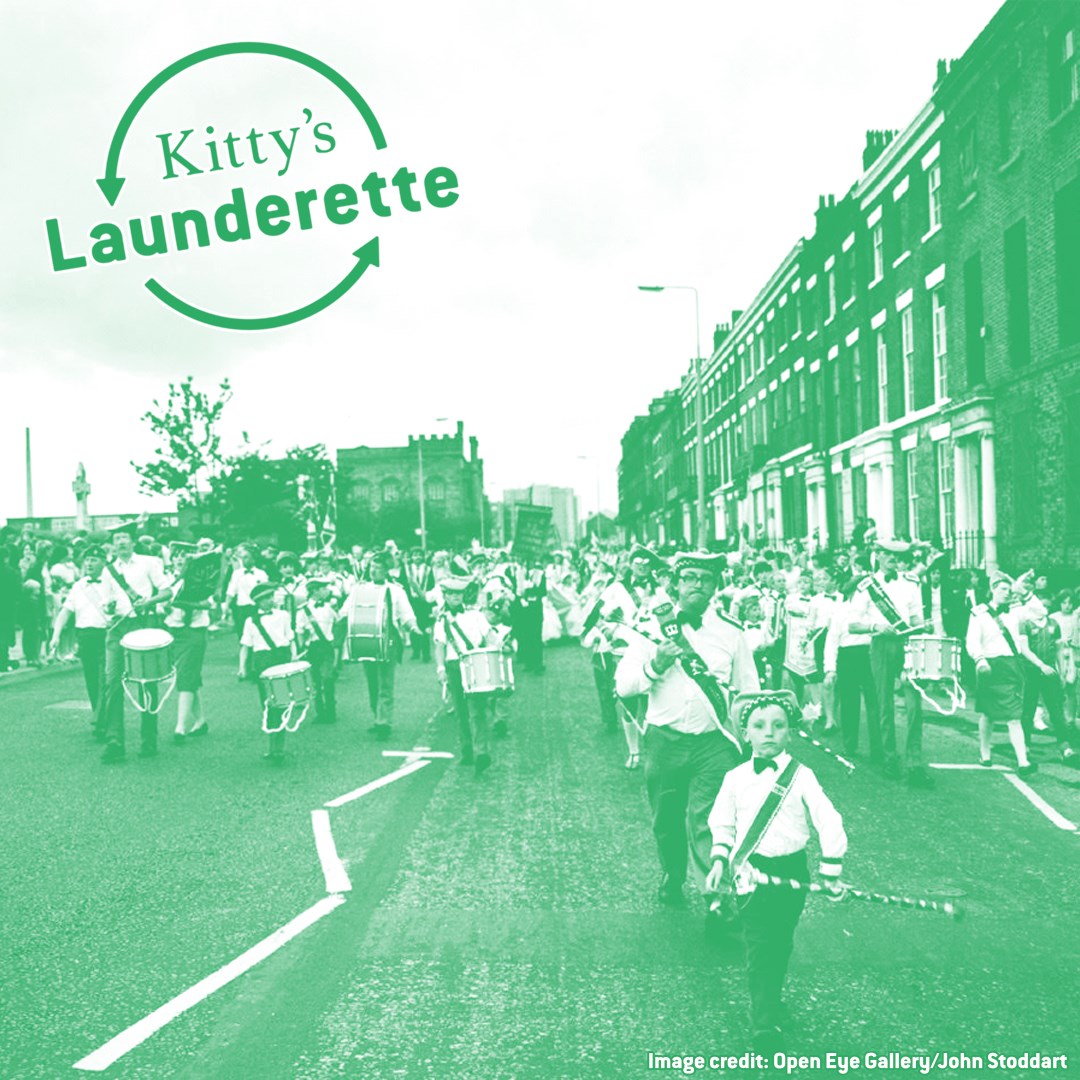
- This event has passed.
Liverpool History Seminar with Dr. Daniel Warner
November 21, 2019 @ 6:00 pm - 7:30 pm
Free
As part of our Liverpool History Seminar Series explore the social, cultural and political history of our city with Dr. Daniel Warner. Dan will be presenting his research on the role of ‘popular religion’ in everyday life in Liverpool.
Dan Warner received his PhD from the University of Liverpool in 2018. His research explores British inner cities and working class culture in relation to urban renewal and decline.
The event is free and all are welcome. Tea, coffee and cake will be available by donation. The event begins at 6.00pm with the talk starting at 6.15pm with time for questions and discussions afterwards.
The full title and abstract is below.
“A Godless Landscape? Exploring Popular Religion in Inner City Liverpool, 1965-1985”
Religion in postwar Britain is a well trodden if often contentious topic. The narrative is overwhelmingly one of religious decline, but relatively little attention has been paid to how these processes impacted upon locality, community and urban space.
Liverpool’s religious landscape provides an interesting example. A city scarred by urban redevelopment and economic decline in the postwar years, it was also a city gradually burying a long sectarian history. Using oral histories and archival evidence from inner city Liverpool, this talk will explore the role of ‘popular religion’ in everyday life and how individuals and communities used it to conceive their surroundings. Religious organisations continued disputes over public space and sectarian political parties continued to exploit religious fervour, all against a visual backdrop of sectarian graffiti. Questions related to space, place and denomination persisted. Religious boundaries remained ingrained in a landscape culturally, if not always physically, divided.
This talk will argue that for certain communities in the postwar period religion remained a crucial marker of identity. It will question what is meant by belief, how it is practiced and how it relates to community, identity, urban space and public culture and will challenge the idea of religious decline in twentieth-century Britain.
